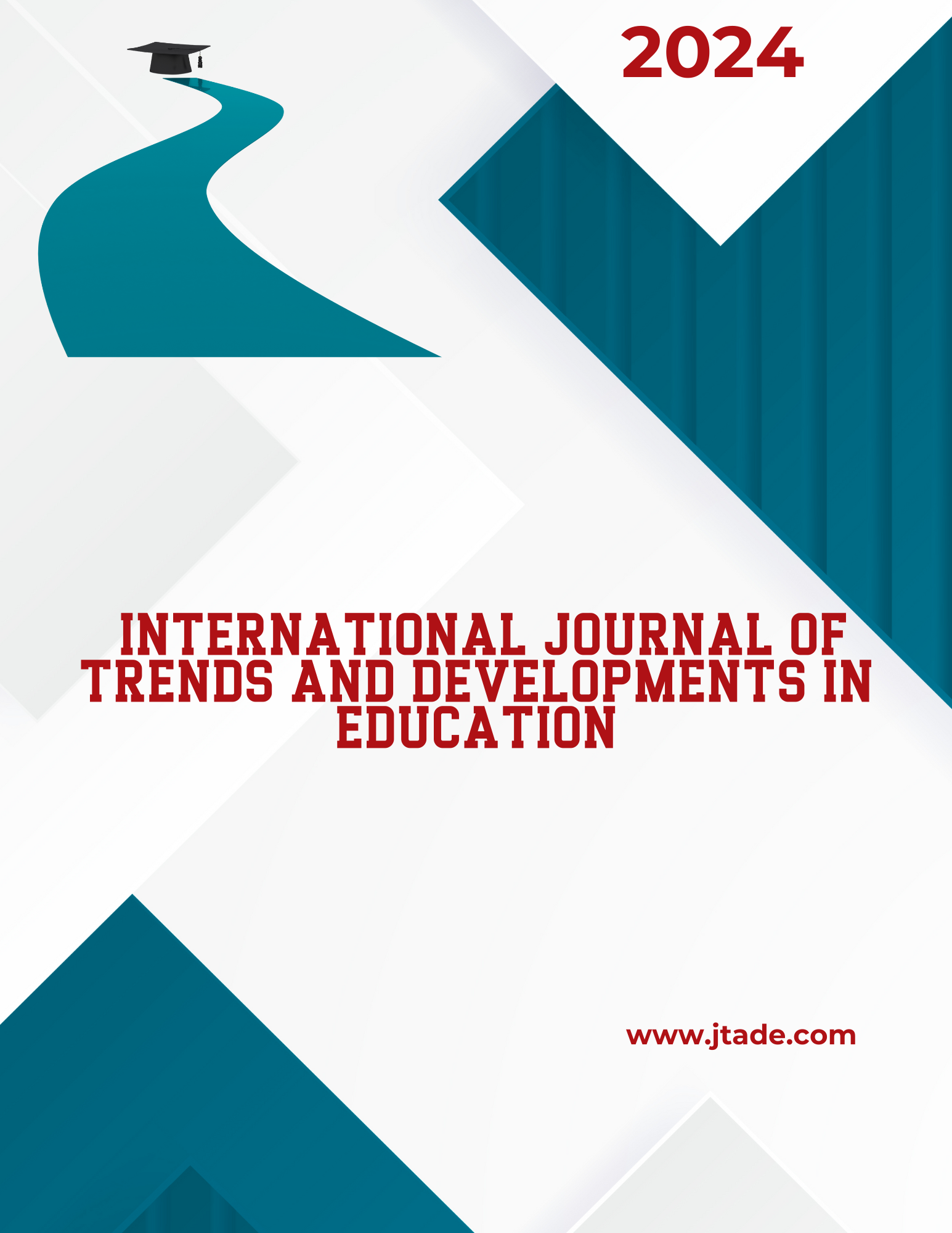Research article | Open Access
International Journal of Trends and Developments in Education 2024, Vol. 4(2) 1-13
Teacher opinions on the effect of intelligence games on student development
pp. 1 - 13 | DOI: https://doi.org/10.5281/zenodo.14182969
Publish Date: December 30, 2024 | Single/Total View: 110/106 | Single/Total Download: 126/117
Abstract
The study examined the opinions of teachers who provide intelligence games education on the effects of intelligence games on student development. The research study group, conducted using a qualitative research method, included 63 teachers working throughout Turkey. The researchers prepared A semi-structured interview form to collect the data. In the interview form, questions were asked about the effects of intelligence games on students' physical (psycho-motor), cognitive, social, personality, and language development. The descriptive analysis method was used to analyze the data. As a result of the research, it was concluded that intelligence games support each developmental area separately according to the developmental areas of students. In addition, teachers' opinions determined that supporting hand-eye coordination, gaining self-confidence, and expressing oneself correctly and effectively came to the forefront in the effect of intelligence games on students' developmental areas.
Keywords: Intelligence, Game, Intelligence games, Mind games, Development.
APA 7th edition
Yagci, B.S., & Demirtas, Z. (2024). Teacher opinions on the effect of intelligence games on student development. International Journal of Trends and Developments in Education, 4(2), 1-13. https://doi.org/10.5281/zenodo.14182969
Harvard
Yagci, B. and Demirtas, Z. (2024). Teacher opinions on the effect of intelligence games on student development. International Journal of Trends and Developments in Education, 4(2), pp. 1-13.
Chicago 16th edition
Yagci, Bahar Savas and Zeynep Demirtas (2024). "Teacher opinions on the effect of intelligence games on student development". International Journal of Trends and Developments in Education 4 (2):1-13. https://doi.org/10.5281/zenodo.14182969
